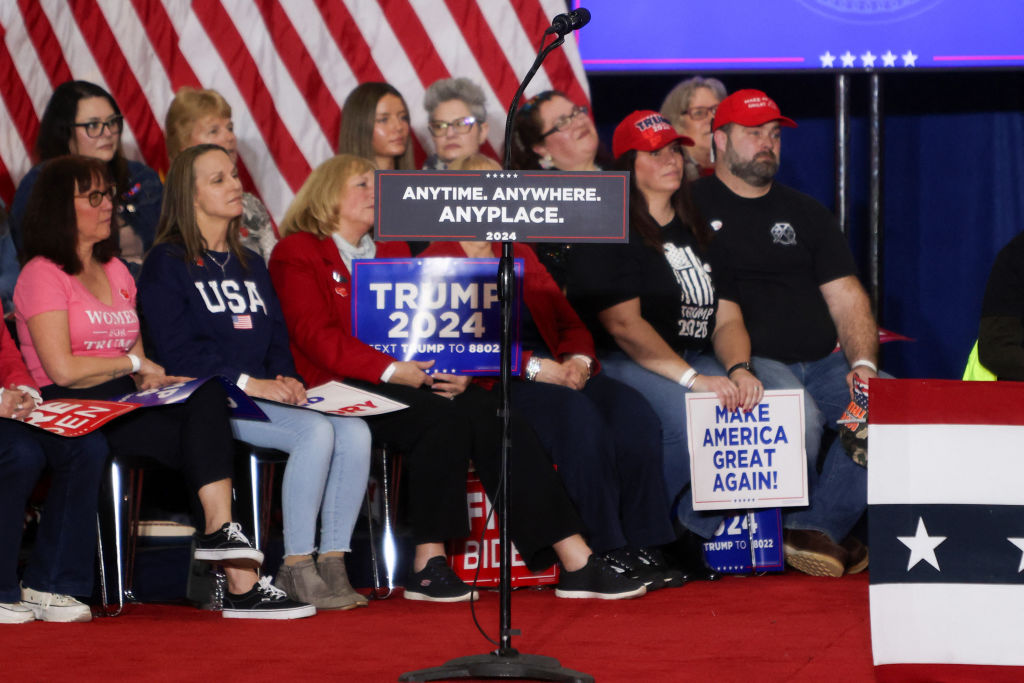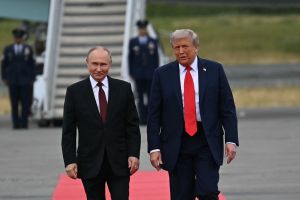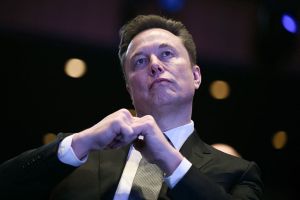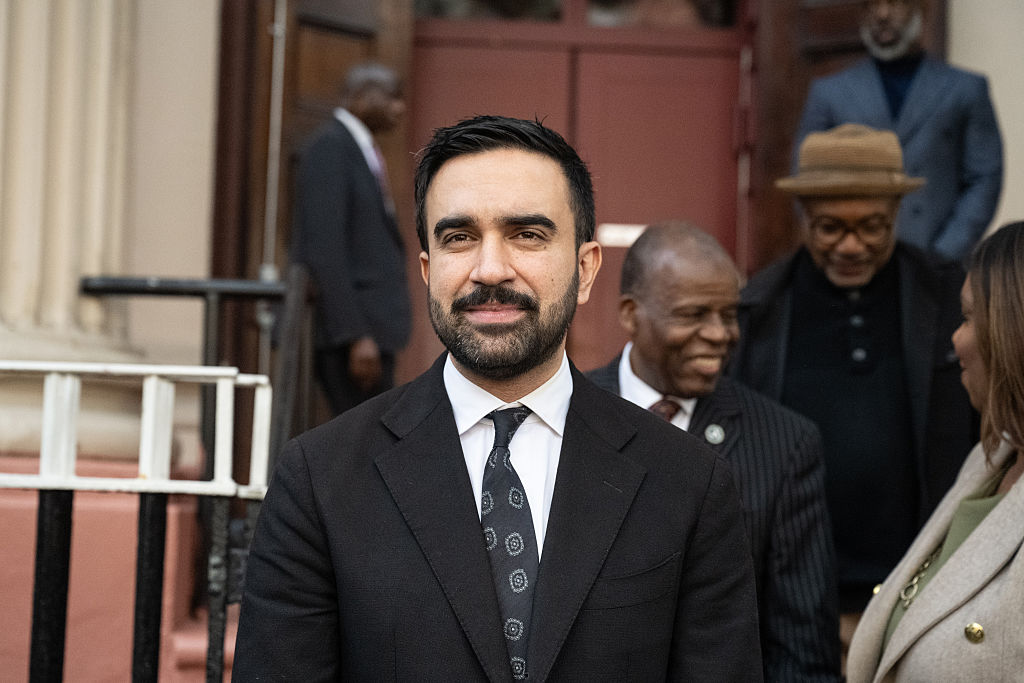It’s happening. Presidents Joe Biden and Donald Trump will debate. Of course, the Biden team is making sure the debates are dominated by the left-wing media and held in studios with no citizens present.
Given this surprisingly undemocratic arrangement, it occurred to me it might be useful to look at the most famous candidate debates in American history.
In 1858, while running for the US Senate in Illinois, incumbent Senator Stephen A. Douglas agreed to debate his opponent, Abraham Lincoln, seven times — once in each congressional district in which they had not yet spoken.
Douglas was frustrated. Lincoln had spoken in Springfield and Chicago one day after Douglas and just torn apart all of Douglas’s arguments leaving him with no chance to respond. So, even though he was the incumbent, Douglas thought he was better off to debate Lincoln and they agreed to a series of debates from August 21 to October 15, 1858.
These were the most consequential political debates for office in American history. When they were over, Lincoln was a national figure. Douglas lost the popular vote for the US Senate, but the state legislature was reapportioned so the Democrats had the votes to elect him despite him earning fewer votes. Two years later, Lincoln defeated Douglas for president.
Each debate lasted three hours. One candidate would start for an hour, while the other candidate would then have ninety minutes. The first candidate would then have thirty minutes to respond. They had a timekeeper, but no one to asked questions or moderated the debates.
Big crowds showed up for the three hours of political entertainment across the state. The newspapers estimated 12,000 in Ottawa, 15,000 in Freeport, 1,500 in rural Jonesboro, 12,000 in Charleston, 15,000 in Galesburg, 12,000 in Quincy and 5,000 in Alton.
Every debate was transcribed and printed in full in the leading Democratic and Republican newspapers. C-SPAN developed the best version of the debate by bringing together the Democratic and Republican newspaper versions and blending them together into the most likely unified version.
Lincoln had the debates printed as a book which went all over the country. This was a key to launching his presidential campaign two years later.
By comparison, our modern debates are totally Mickey Mouse. The news media dominates the conversation and defines the topics. Candidates (the ones actually running for election) are limited to brief answers on the media-defined topics. It is a pathetic decline from the great speeches of 1858.
Furthermore, the idea that the debates should be in sterile studios — with no audience of citizens — is a direct rejection of the right of the American people to participate. Lincoln and Douglas debated in front thousands — many of whom were standing. Having the debate in an empty studio is simply anti-democratic, anti-populist elitism. It fits the Biden and American left perfectly.
I am glad both candidates have rejected the national debate commission. I agree with Ben Domenech who wrote this week in the Transom:
[The] Commission is a horrendous invention that has created some of the worst anti-democratic moments in political history, including Candy Crowley fact-checking Mitt Romney with falsehoods, Chris Wallace losing his shit because Donald Trump was loud and rude, and defending the honesty and honor of Steve Scully because he was definitely hacked and not just lying about his inability to use Twitter. The Commission is horrible, and even Bob Dole said they are biased as hell. Good freaking riddance.
However, beyond abolishing the commission, I think we should demand that the presidential debates be open to the American people.
The format President Biden proposed is as anti-Trump and biased as the trial in New York City (although President Trump had to agree to the format on a practical matter to start the dialogue about debates). Trump will in effect be debating Biden and two liberal reporters in both venues. Three-to-one is bad even for someone as articulate, knowledgeable, and tough as President Trump.
Add to this, the environment will be helpful to Biden and harmful to Trump. The sterile, empty studio will help keep Biden on script and shield him from having to deal with human beings reacting to what he says. Meanwhile, Trump’s great strength is drawn from an active audience. The Biden team realized having no audience helped Biden during the pandemic-era 2020 debates, so they want to pretend it’s still a valid requirement.
For all of President Biden’s talk about democracy, you could hardly imagine a less democratic, anti-participatory model than the one on which he is insisting.
Why not instead have one debate a month from June through October? That would be two fewer than Lincoln and Douglas. Why not have the debates in open venues where American citizens can participate?
Michigan is a key swing state, and the University of Michigan has the largest football stadium in America. It seats 109,000 people. Why not give the Republican and Democratic Parties 54,000 tickets each? Let the stadium be filled with interested Americans who are willing to bring excitement, passion and civic engagement back to self-government?
Five public debates like that could help rekindle interest in the issues and the democratic process more than any time in modern history. If Biden really cares about democracy, here is his chance to prove it. These debates would be emotional, raucous and filled with excitement. Isn’t that what self-government should be like?
It is time for the elites to stand aside and allow the American people to participate in their election process. Presidential debates should serve the American people — not politicians and the elite media.


























Leave a Reply